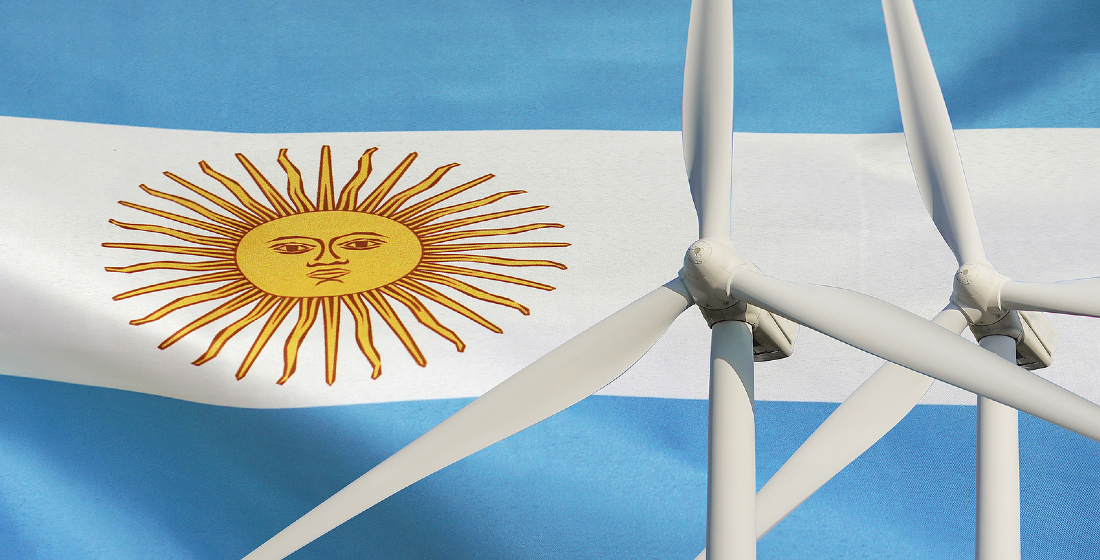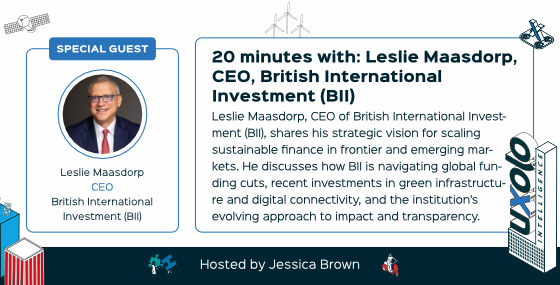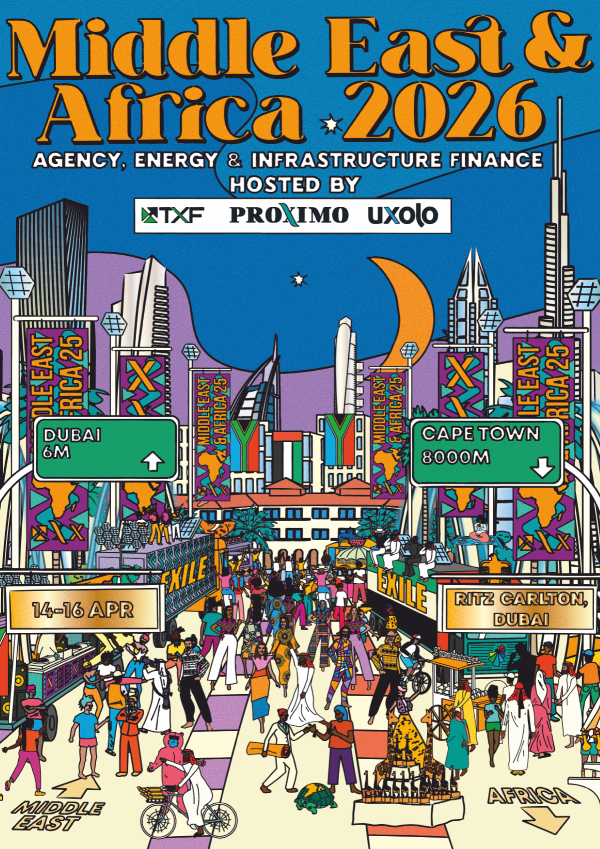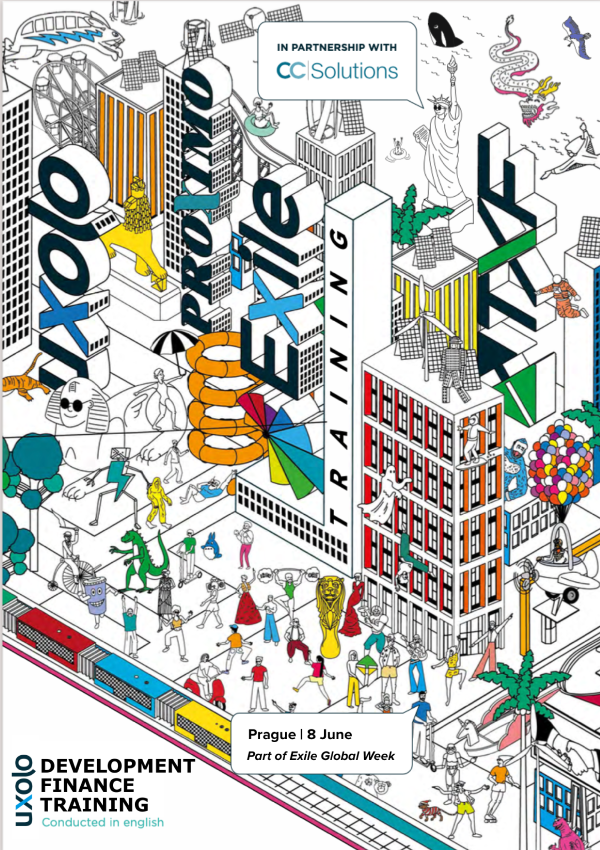COP26: Financing alliance pledges $10bn for equitable energy transition
The ground-breaking coalition of philanthropies, multilateral and development finance institutions, and governments aims to unlock $100 billion of investment in green energy transitions and renewable power solutions in developing countries over the next decade.
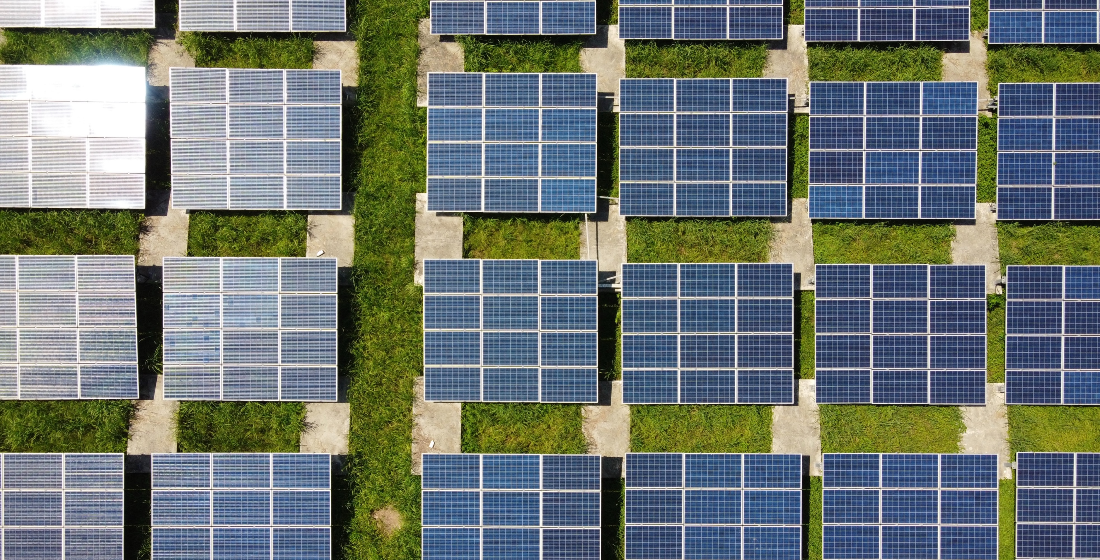
On the finance day of COP26 in Glasgow on November 3, an alliance of philanthropies, multilateral and development finance institutions, and governments pledged $10 billion to accelerate investment in green energy transitions and renewable power solutions in developing economies worldwide.
Over the next decade, the Global Energy Alliance for People and Planet (GEAPP) aims to unlock $100 billion in public and private capital and tackle three global issues simultaneously: power – reaching one billion people with renewable energy; climate –averting four billion tons of carbon emissions; and jobs – creating, enabling or improving 150 million jobs. The coalition also opened a Global Call for Transformational Country Partnerships, inviting developing and emerging economies to apply for technical support and funding to advance clean energy projects.
“The world is undergoing an economic upheaval, in which the poorest are falling farther behind and being battered by climate change’s effects. Green energy transitions with renewable electrification are the only way to restart economic progress for all while at the same time stopping the climate crisis,” said Dr Rajiv J Shah, president of The Rockefeller Foundation. “Providing people with an on-ramp to the modern economy while making real, measurable progress against the existential threat of climate change, the Global Energy Alliance for People and Planet is one of the boldest, most transformative initiatives in our history.”
While energy-poor countries are currently responsible for 25% of global CO2 emissions, their share of global emissions could grow to 75% by 2050, according to analysis published by the Alliance. Yet these countries currently only receive 13% of clean energy financing, despite representing nearly half of the world’s population. There are also 243 gigawatts of coal plants being planned, permitted, or under construction in developing countries. If constructed, they would emit 38 billion tons of CO2 over the coming decades, which is nearly the same as total global emissions last year.
To change this trajectory and maximise its impact on jobs and livelihoods, GEAPP will provide more than $10 billion to focus on fossil fuel transitioning, grid-based renewables, and distributed renewables. GEAPP’s partners include: The Rockefeller Foundation, IKEA Foundation, and Bezos Earth Fund as anchor philanthropic organisations; African Development Bank, Asian Development Bank, European Investment Bank, Inter-American Development Bank, International Finance Corporation, the UK’s CDC Group, US International Development Finance Corporation, and World Bank as investment partners; and Italy, the UK, and Denmark as country partners.
A broad church of impact partners
Earlier this year, IKEA Foundation and The Rockefeller Foundation teamed up to commit $1 billion to fight climate change and energy poverty. With the addition of Bezos Earth Fund, the catalytic grant capital provided by these anchor partners aims to unlock billions of dollars in investment capital from multilateral and development finance institutions. GEAPP will use these collective efforts to provide grant funding, technical assistance, and a range of financing options.
In order to increase investment and impact in sub-Saharan Africa, Asia, and Latin America, GEAPP is recruiting a diverse set of new partners. RF Catalytic Capital, the public charity that The Rockefeller Foundation launched in 2020 to enable like-minded funders to pool resources, will coordinate the GEAPP’s multi-partner investment.
GEAPP will also fund and coordinate with delivery partners that will provide policy, technical, and project development capacity. These partners include AtlasAI, COP26 Energy Transition Council (ETC), Energy Sector Management Assistance Programme (ESMAP), International Renewable Energy Agency (IRENA), International Solar Alliance, Odyssey, Rocky Mountain Institute (RMI), Sustainable Energy for All (SEforAll), and the US government’s Power Africa programme.
“The climate challenge at its core is an energy challenge, which is why achieving a green energy future will take the public and private sectors pulling together in common cause,” said Makhtar Diop, managing director of the International Finance Corporation. “The private sector must be part of the solution if the scale of our results is to meet our ambitions.”
Enabling an equitable energy transition
Through the Global Call for Transformational Country Partnerships, GEAPP’s members aim to meet the world’s growing demand for power with renewables in place of coal, and extend productive-use power to communities that either lack or have unreliable access to electricity.
Before GEAPP’s launch, its members established relationships in several countries, providing an opportunity to fast-track efforts to pilot breakthrough business models. By working with governments to design and implement their decarbonisation plans and enhance their domestic policy, planning, and regulatory frameworks, the alliance aims to create more favourable investment environments and enable the delivery of national transformational programmes.
This includes the identification, development, execution, monitoring, and scaling of programmes; aimed at unlocking greater levels of investment in clean power sector assets, accelerating equitable energy transitions, and achieving near-term carbon reductions. GEAPP will also de-risk expensive early stages of project development by helping countries test strategies and innovative technologies that may have a higher initial risk profile, and then scale solutions that work.
“There is no doubt that the scale of this ground-breaking platform is necessary if we are to accelerate the end of fossil fuels and drive investment into sustainable, clean energy,” said Nick O’Donohoe, chief executive of the CDC Group.


